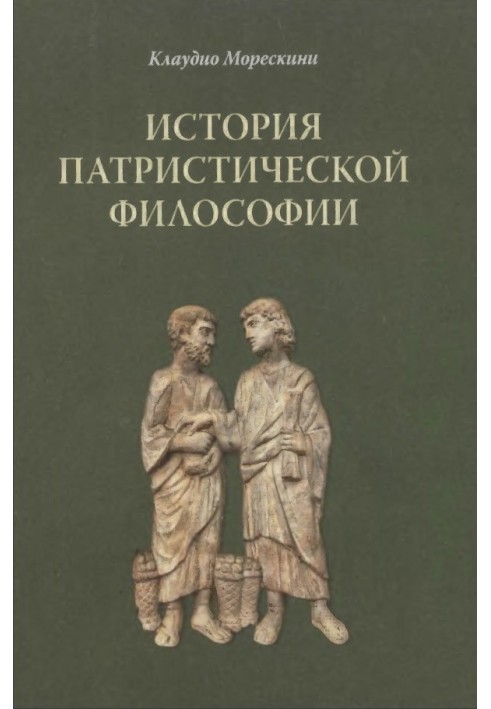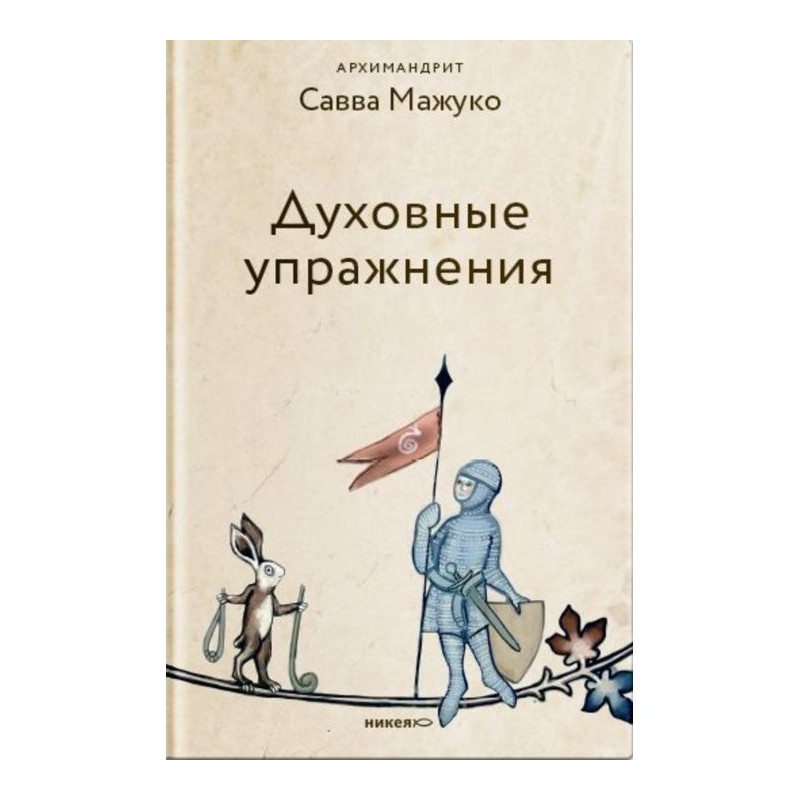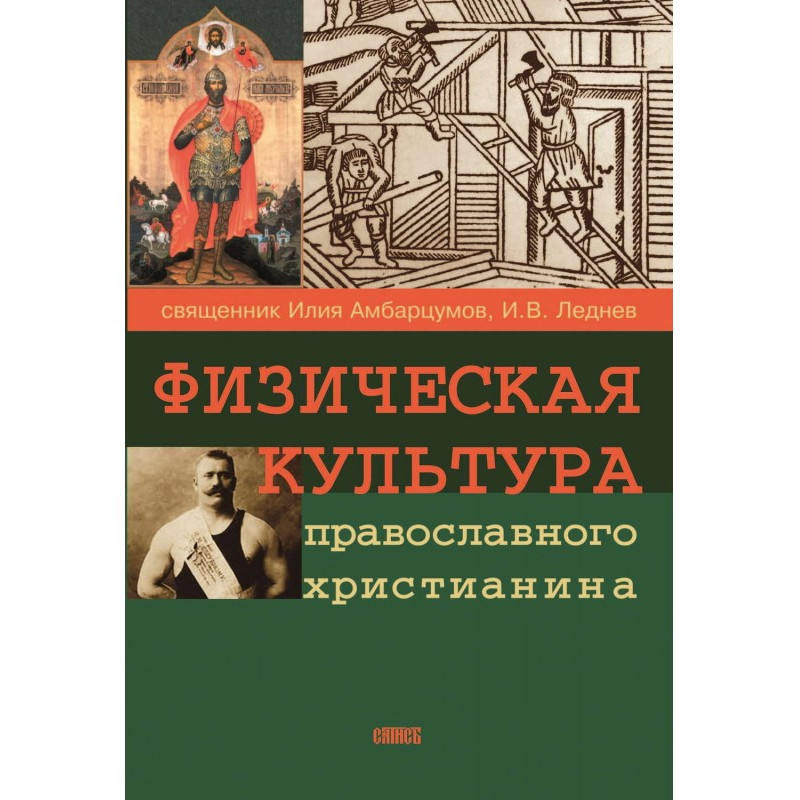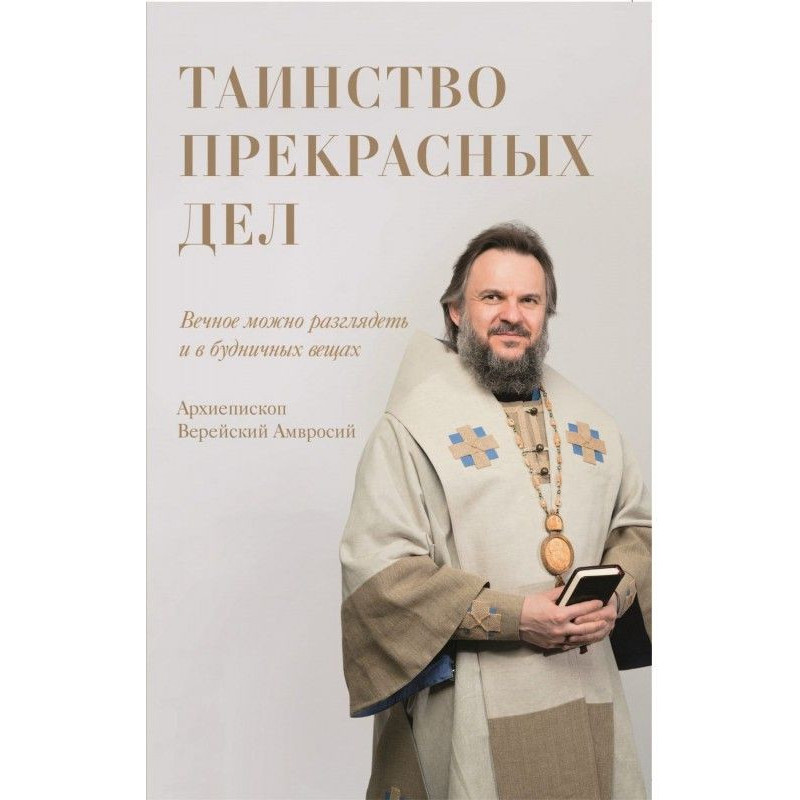History of patristic philosophy
 Instant download
Instant download
after payment (24/7)
 Wide range of formats
Wide range of formats
(for all gadgets)
 Full book
Full book
(including for Apple and Android)
The first meeting of philosophy and Christianity is represented by the famous speech of the Apostle Paul in the Areopagus in front of the Athenians. There is something symbolic in this, taking into account both the place and the topics touched upon in this speech: God, Providence for the world and, most importantly, the bodily resurrection. And it was this last point that was capable of preventing any further exchange between the two cultures. But what is relevant for early Christianity is equally valid for subsequent centuries? And these centuries are the subject of this study. The essence of the problem remains unchanged: to what extent can we talk about the Hellenization of early Christianity, on the one hand, and the preservation of the characteristics of the religion, which originated from Judaism, on the other? “The discussion should focus not on the fact of Hellenization, but rather on the manner and extent in which it manifested itself.” So, what did Christian philosophers see in pagan philosophy? This is said in the context of constant disputes between Christians and pagans, during which Christians both defend their own approaches and conduct polemics with pagan society and pagan culture. Claudio Moreschini's study seeks to synthesize six centuries of Christian thought.
Data sheet
- Name of the Author
- Клаудио Морескини
- Language
- Ukrainian
- Release date
- 2011
Reviews
Глибоке дослідження філософії та християнства
Книга "Історія патристичної філософії" є справжнім відкриттям для всіх, хто цікавиться взаємозв'язком між філософською думкою та християнською вірою. Автор, Клаудіо Морескіні, майстерно аналізує складні питання, що виникають на перетині цих двох світоглядів, починаючи з промови апостола Павла в Ареопазі. Дослідження охоплює шість століть християнської думки, що дозволяє читачеві зрозуміти, як відбувалася еллінізація раннього християнства і які особливості релігії зберігалися. Книга спонукає до глибоких роздумів про природу віри, філософії та їх взаємодію, а також про те, як ці ідеї впливають на сучасність. Хоча переклад тексту іноді має недоліки, загальна якість дослідження та його глибина роблять цю книгу важливим внеском у вивчення патристичної філософії. Рекомендую всім, хто прагне зрозуміти складні питання віри та розуму!













